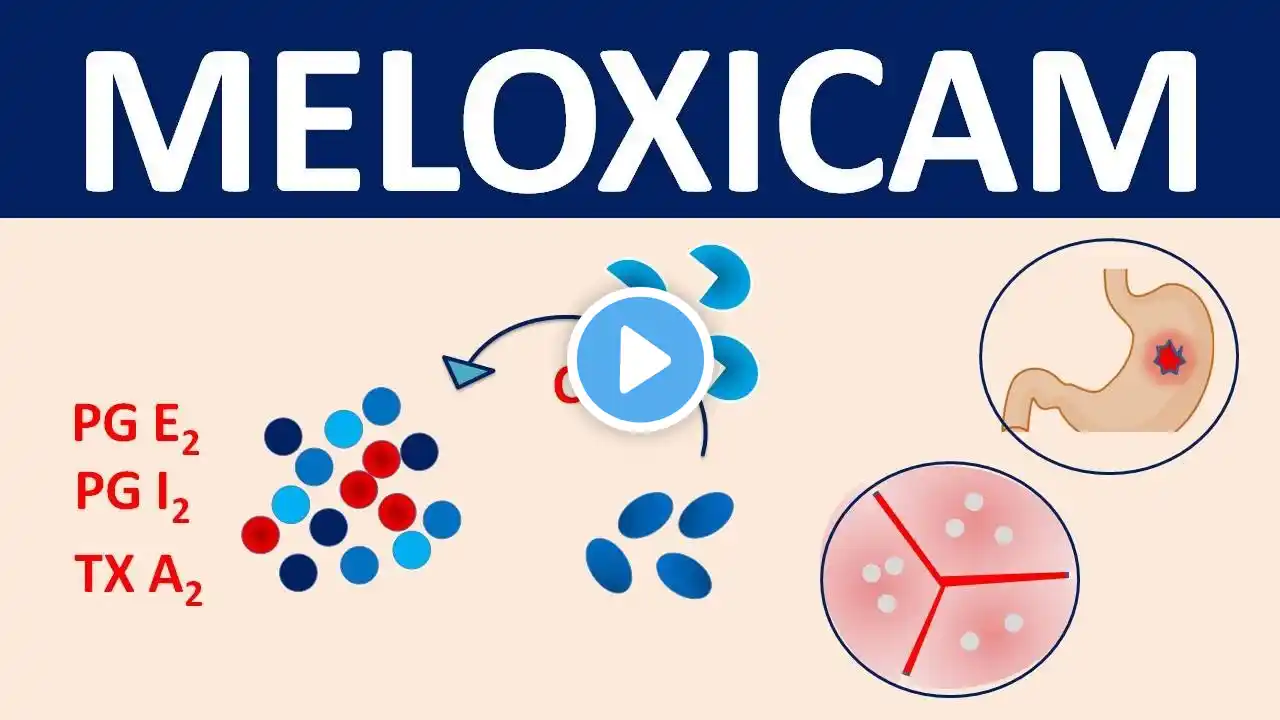
Meloxicam Uses, Doses, Precautions and Side effects
Meloxicam is a powerful non-steroidal anti-inflammatory drug (NSAID) used to treat pain and inflammation caused by conditions like osteoarthritis and rheumatoid arthritis. By targeting the chemicals responsible for inflammation, it effectively reduces swelling, stiffness, and joint pain. Meloxicam is commonly prescribed for both adults and children (2 years and older) with juvenile arthritis. Typically taken once daily in tablet or liquid form, it offers long-lasting relief with fewer doses. However, like other NSAIDs, it carries risks, such as stomach ulcers, kidney issues, and cardiovascular problems, making it essential to use under medical supervision. Meloxicam helps reduce pain and inflammation caused by arthritis, such as osteoarthritis or rheumatoid arthritis. It belongs to a group of medicines called NSAIDs (non-steroidal anti-inflammatory drugs), and it works by blocking chemicals that cause inflammation. Dosage: Kids (2 years and older for juvenile arthritis): Dosage based on weight; usually prescribed by the doctor. Young adults (18-64 years): Typically 7.5 mg to 15 mg once daily. Old adults (65+ years): Start with a lower dose (e.g., 7.5 mg) and adjust based on tolerance and kidney function. Precautions: Do not take if allergic to meloxicam or other NSAIDs. Inform the doctor of any history of stomach ulcers, bleeding, or kidney/liver issues. Avoid taking with other NSAIDs (e.g., ibuprofen, aspirin). Increased risk of heart attack or stroke, especially with long-term use. Avoid during pregnancy, especially in the third trimester. Common side effects: Upset stomach. Nausea. Diarrhea. Dizziness. Headache. Serious side effects: Stomach bleeding (black or bloody stools). Liver damage (yellowing of the skin or eyes). Severe allergic reactions (rash, itching, swelling). Heart problems (chest pain or shortness of breath). Kidney issues (reduced urination).


















